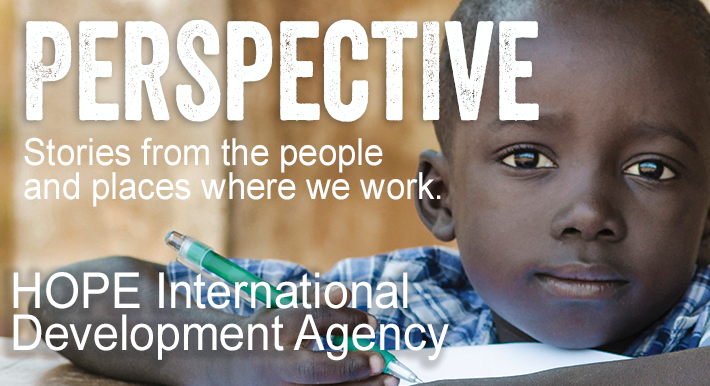The debate over conventional agriculture versus organic agriculture is one with plenty of supporters on either side. Truth be told, it is a complex issue. How exactly can billions of human beings feed themselves as much nutritious food as possible while using the resources that create food (soil, water, money) most efficiently? When put this way, it’s easy to see that all people are on the same page about what is the desired outcome—we just don’t all agree on how best to get there.
What’s interesting to note, however, is what we hear from farmers who make a switch from using conventional to organic/sustainable methods. They don’t wax rhapsodic about feeling closer to nature. They don’t feel morally superior for choosing methods that will preserve the beauty or fertility of their land.
No. They are excited by the money they are saving.
When our dry-rice farmers in Cambodia talk about making the switch from using genetically modified seeds that required lots of chemical fertilizers to grow, they shake their heads at how expensive their way of life used to be. When farmers in the Philippines talk about using household compost and animal dung to raise big, thriving yields, they are gleeful that they learned to use something that was already available to them to gain an agricultural advantage.
The fact is, if the sustainable methodologies we taught were not making life better, more efficient, and less expensive for farming families, they wouldn’t adopt them for a single season. Or a single day! These families are too poor to ever take a chance on raising less food, or working harder to get what they already had. They’re not idiots or dreamers. They’re about surviving, not living idealistically.
It’s food for thought as we engage in a debate that has plenty of consequences for the health of families in the present as well as the future.
skip to main |
skip to sidebar
Visit HOPE International Development Agency today and learn more about our focus on clean water, food security and livelihoods that unlock opportunities for families experiencing extreme poverty.

